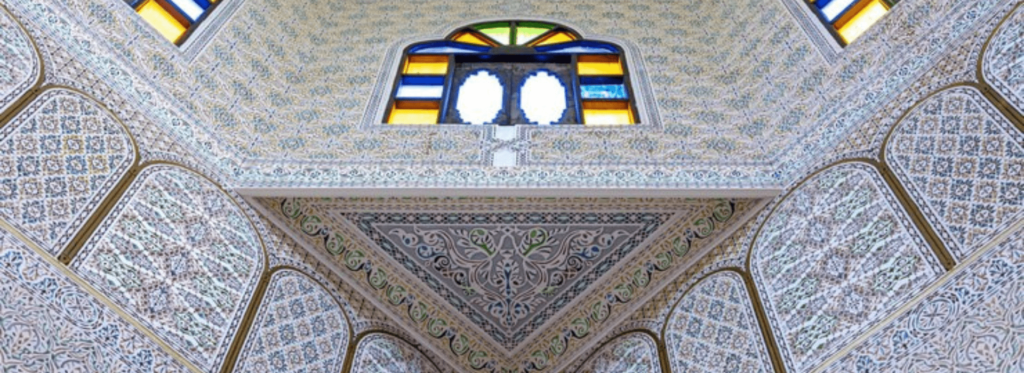Zakat, one of the five pillars of Islam, holds immense significance in the lives of Muslims worldwide.
Derived from the Arabic root “z-k-w,” meaning purification, Zakat represents a fundamental act of worship and social responsibility in Islam.
In essence, Zakat requires financially stable Muslims to give a portion of their wealth (usually 2.5%) to those in need, thereby purifying their assets and contributing to the welfare of society. This act fosters a sense of empathy, solidarity, and equity among believers.
The recipients of Zakat are outlined in the Quran, including the poor, needy, those in debt, travelers, and those working in its distribution. By fulfilling this obligation, Muslims participate in the redistribution of wealth, promoting economic justice and alleviating poverty.
Zakat is not merely a charitable donation but a means of cultivating compassion and gratitude. It serves as a reminder of the transient nature of material wealth and the importance of sharing blessings with others. Through Zakat, Muslims acknowledge their interconnectedness and fulfill their duty to assist those less fortunate, fostering a more equitable society based on compassion and social welfare.



